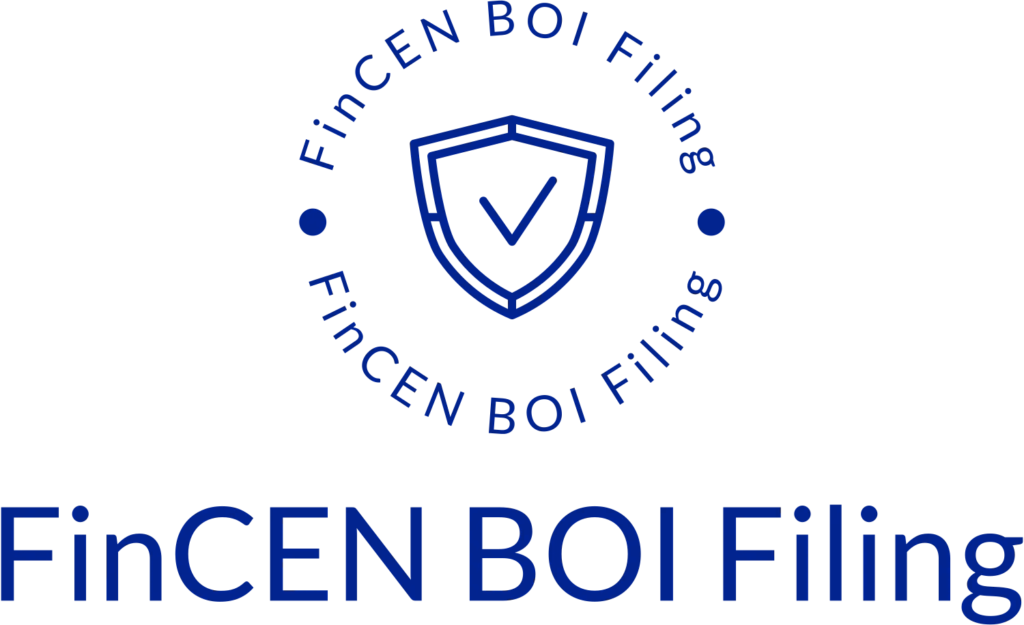Key Takeaways
- The court’s ruling exempts NSBA members from the CTA’s BOI filing requirement.
- Understanding and complying with BOI requirements is crucial for small businesses.
- FinCEN BOI Filing offers a simple, secure solution for your BOI reporting needs.
Overview of the National Small Business United v. Yellen Case
The case of National Small Business United v. Yellen centers on a legal challenge to the beneficial ownership reporting requirements under the Corporate Transparency Act (CTA). The plaintiffs were the National Small Business Association (NSBA), a small business owner named Isaac Winkles, Winkles’ companies, and NSBA members as of March 1, 2024.
Key Arguments and Court Ruling
The plaintiffs argued that the CTA’s beneficial ownership reporting rules imposed excessive regulatory burdens on small businesses, exceeding Congress’ constitutional authority. The Department of the Treasury and the Financial Crimes Enforcement Network (FinCEN) defended the reporting requirements as a necessary tool to combat money laundering and financial crimes.
On March 1, 2024, the U.S. District Court for the Northern District of Alabama ruled in favor of the plaintiffs. The court concluded that the beneficial ownership reporting requirements under the CTA exceed the constitutional limits on Congress’s power. However, the ruling did not deem the entire Corporate Transparency Act unconstitutional.
Impact of the Ruling
As a result, the court issued a final declaratory judgment permanently enjoining (blocking) the Department of the Treasury and FinCEN from enforcing the beneficial ownership reporting requirements against the named plaintiffs – the NSBA, Winkles, Winkles’ companies, and NSBA members as of March 1, 2024.
On March 11, 2024, the Justice Department filed a notice of appeal, indicating ongoing litigation over the ruling’s scope and enforceability
Exemption for NSBA Plaintiffs Only
The ruling exempts only the specific NSBA plaintiffs named in the case from the requirement to file Beneficial Ownership Information (BOI) reports mandated by the CTA. This exemption does not apply to new NSBA members joining after March 1, 2024, or any other non-plaintiff businesses and entities.
FinCEN has stated it will comply with the court’s order while it remains in effect during the appeal process. However, all other non-exempt companies and entities not covered by the injunction must still comply with FinCEN’s BOI reporting rules.
The ruling sets a precedent that could influence future regulatory interpretations, but its immediate impacts are limited to the named plaintiffs while the case remains in litigation. Businesses outside the NSBA plaintiff group must continue navigating the CTA’s requirements and ensure compliance.
Unique Challenges Acknowledged
The court’s ruling acknowledges the unique challenges faced by small business entities in adhering to extensive regulatory frameworks. By exempting NSBA members, the decision mitigates the compliance costs and operational disruptions previously anticipated by these businesses. This exemption is a significant development for the NSBA, reinforcing its role as an advocate for small business interests and providing a competitive edge for its members who can now allocate resources more strategically without the added compliance burden.
Specific Scope of the Ruling
However, the ruling’s scope is specific; it applies solely to current NSBA members as of the ruling date. New members joining the NSBA post-ruling will not be covered by this exemption and will still be required to comply with the BOI filing requirements under the CTA. This distinction underscores the importance for small businesses contemplating NSBA membership to understand the timing and regulatory obligations that may affect their compliance responsibilities.
Future Compliance and Legal Implications
Moreover, the ruling sets a precedent that could influence future regulatory interpretations and enforcement actions. Small businesses outside the NSBA’s purview must continue to navigate the CTA’s requirements, ensuring that they remain compliant with all relevant regulations. Legal advisors and compliance officers will need to stay abreast of any further developments to provide accurate guidance and support for small business clients.
Conclusion
Navigating this new requirement can be challenging. That’s where we come in. FinCEN BOI Filing offers expert assistance to ensure your BOI report is filed accurately and promptly. Don’t hesitate to File Your BOI Report Now with our help. If you are unsure if you have a filing requirement you can take our 2-minute BOI eligibility quiz to determine if you have a BOI requirement.
With FinCEN BOI Filing by your side, you can confidently meet your compliance requirements and return your focus to what you do best—running your business. Visit our homepage for more information and resources to guide you through the BOI filing process.




